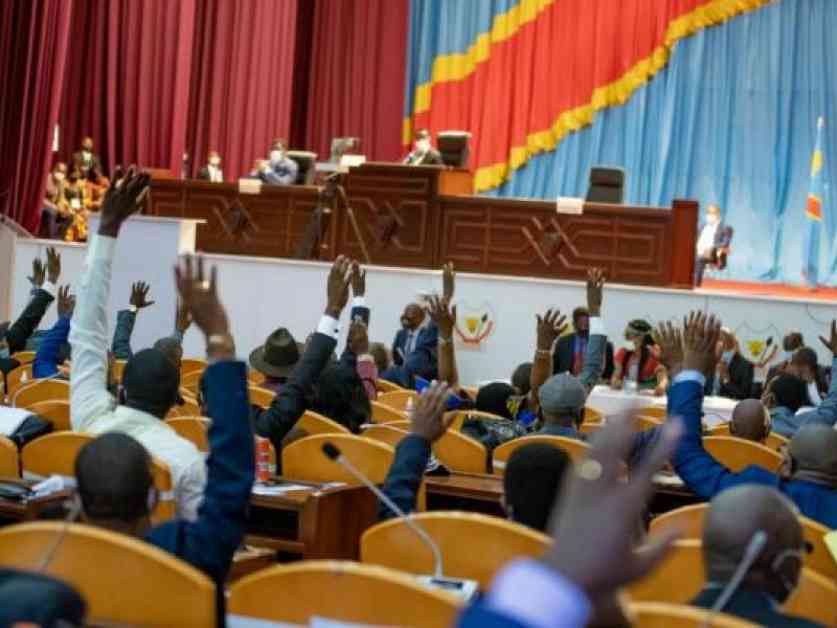Parliamentary Assistants Demand Fair Treatment
In a bold move that has sent shockwaves through the political landscape, parliamentary assistants have come forward to denounce the unfair treatment they have been subjected to by the President of the National Assembly, Vital Kamerhe. The Collective of Parliamentary Assistants made this declaration in Kinshasa on Thursday, January 2, 2025, shedding light on a situation that has been brewing under the surface for far too long.
Violation of Parliamentary Regulations
According to the collective, the unfair treatment they have endured blatantly violates the internal regulations of the lower house of Parliament. Specifically, they point to Article 115 and Article 69 as the pillars of their argument. Article 115 states that parliamentary assistants should be appointed as soon as the definitive bureau is installed, which occurred on May 20, 2024. However, to this day, they remain unappointed, causing a significant delay in their official recognition and status within the parliamentary system.
Moreover, Article 69 of the same internal regulations stipulates that during an Extraordinary Session, national deputies receive a bonus equivalent to their monthly salaries, as well as various other bonuses. This should also extend to members of cabinets, administrative staff, and parliamentary assistants. However, the assistants were left empty-handed after both the Congress and the Extraordinary Session held in December 2024, while others, including janitorial staff, received their entitlements.
Demand for Rights and Dues
The Collective of Parliamentary Assistants is demanding the immediate resolution of several key issues. These include the appointment of parliamentary assistants, the settlement of outstanding payments for March, April, May, and December 2024, the payment of bonuses for the December 2024 Congress and Extraordinary Session, the provision of a 13th-month salary, and access to medical benefits. The assistants are standing firm in their demand for fair treatment and the recognition of their essential role within the parliamentary framework.
As we delve into the intricacies of parliamentary procedures and regulations, it becomes clear that behind the bureaucratic language and formalities lies a group of individuals who play a vital role in the functioning of the legislative process. The story of the parliamentary assistants serves as a poignant reminder of the importance of acknowledging and valuing the contributions of all individuals, regardless of their position or title. It prompts us to reflect on the human aspect of governance and the need for equitable treatment in all spheres of society.

















